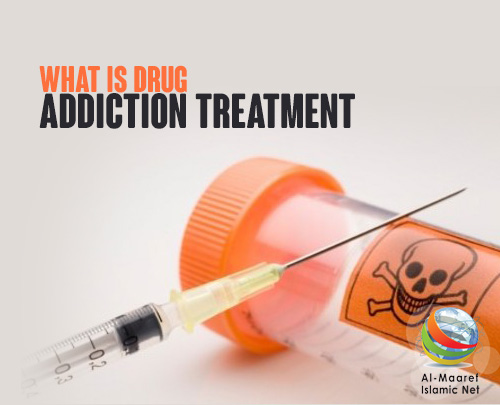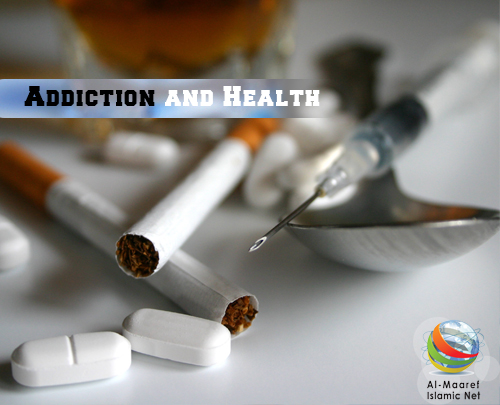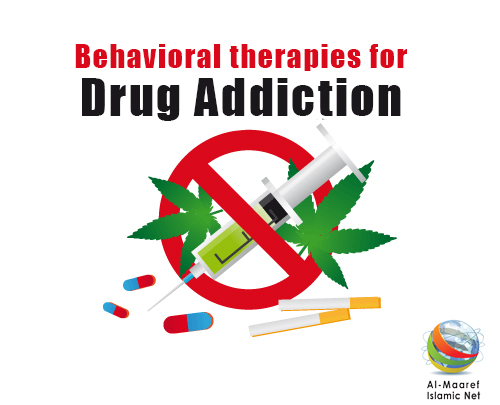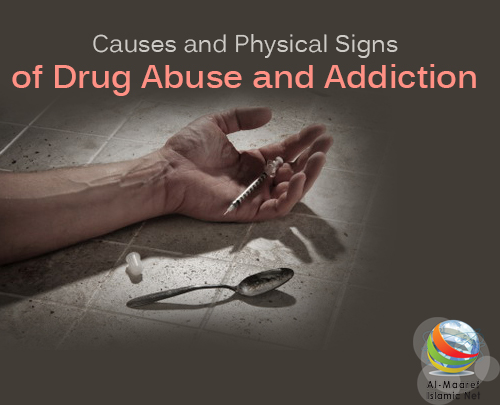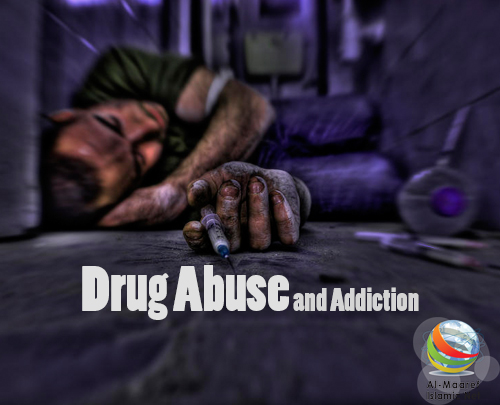Because drug addiction is typically a chronic disorder characterized by
occasional relapses, a short-term, one-time treatment is usually not sufficient.
For many, treatment is a long-term process that involves multiple interventions
and regular monitoring.
There are a variety of evidence-based approaches to treating addiction. Drug
treatment can include behavioral therapy (such as individual or group
counseling, cognitive therapy, or contingency management), medications, or their
combination. The specific type of treatment or combination of treatments will
vary depending on the patient's individual needs and, often, on the types of
drugs they use. The severity of addiction and previous efforts to stop using
drugs can also influence a treatment approach. Finally, people who are addicted
to drugs often suffer from other health (including other mental health),
occupational, legal, familial, and social problems that should be addressed
concurrently.
The best programs provide a combination of therapies and other services to meet
an individual patient's needs. Specific needs may relate to age, race, culture,
gender, pregnancy, other drug use, comorbid conditions (e.g., depression, HIV),
parenting, housing, and employment, as well as physical abuse history.
Drug addiction treatment can include medications, behavioral therapies, or their
combination.
Treatment medications, such as methadone, buprenorphine, and naltrexone, are
available for individuals addicted to opioids, while nicotine preparations
(patches, gum, lozenges, and nasal spray) and the medications varenicline and
bupropion are available for individuals addicted to tobacco. Disulfiram,
acamprosate, naltrexone, and topiramate are medications used for treating
alcohol dependence, which commonly co-occurs with other drug addictions. In
fact, most people with severe addiction are polydrug users and require treatment
for all substances abused. Even combined alcohol and tobacco use has proven
amenable to concurrent treatment for both substances.
Psychoactive medications, such as antidepressants, anti-anxiety agents, mood
stabilizers, and antipsychotic medications, may be critical for treatment
success when patients have co-occurring mental disorders, such as depression,
anxiety disorders (including post-traumatic stress disorder), bipolar disorder,
or schizophrenia.
* Source: www.nida.nih


